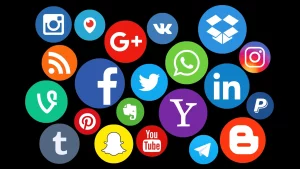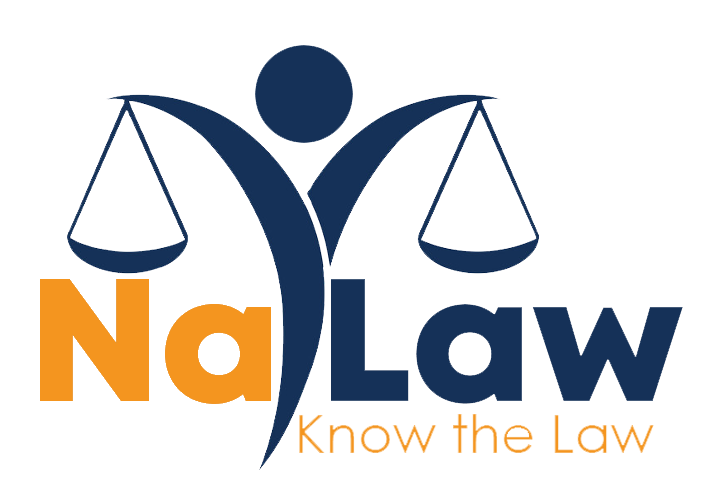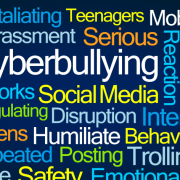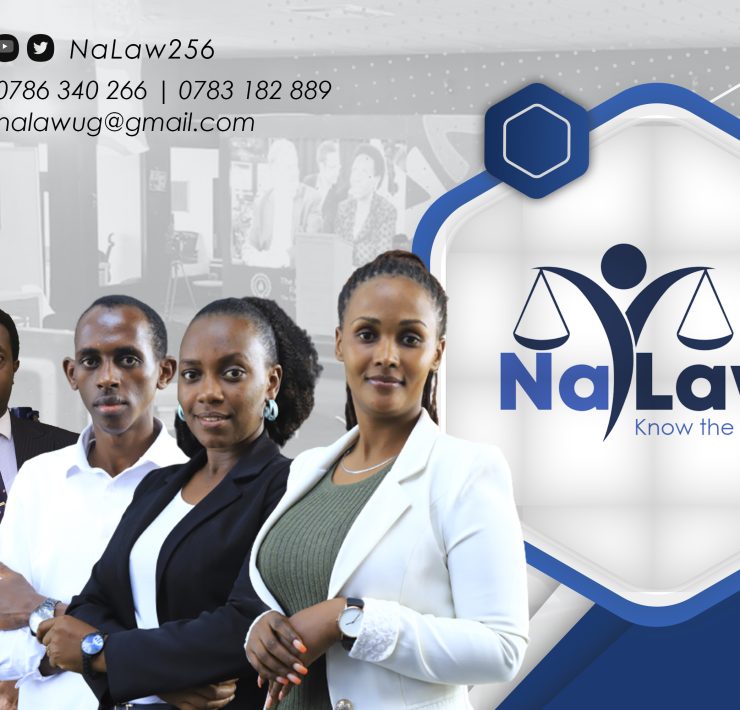Social Media and the Law in Uganda: Unraveling the Legal Web Through the Lens of Ugandan Youth

Introduction: Navigating the Wild West of Social Media
Welcome to the digital wild west, where tweets roam free and Instagram stories paint vivid landscapes. In the heart of this virtual frontier, Ugandan youth find themselves pioneers in the uncharted territories of social media. But, hold on to your smartphones, good people; this isn’t just a land of filters and hashtags – it’s also a legal minefield. Let’s embark on a journey through the pixels of social media legality in Uganda, and who better to guide us than the vibrant, meme-loving youth themselves?

The Selfie Constitution: Your Rights in Cyberspace
In the grand theatre of social media, every Ugandan youth is an actor with a digital script in hand. But what does the Selfie Constitution say about your rights in this cyberspace drama? First and foremost, we have the right to freedom of expression, so you can continue to tweet about that fantastic Rolex you had for breakfast without fear of the social media police knocking on your door. Article 27 of the Constitution extends the right to privacy to your digital persona, shielding you from unwarranted intrusion into your online life.
But beware, young trailblazer! Just because you’re riding the social media range doesn’t mean you can fire tweets like a wild cowboy without consequences. Cyberbullying and defamation laws are still very much a part of the legal posse, ready to rein in unruly online behaviour.
The Privacy Paradox: From Emoji Confessions to Legal Conundrums
Picture this: you’re sharing memes on WhatsApp with your squad, and suddenly, you receive a message from someone claiming to be a distant cousin asking for your personal details. Cue the dramatic music; we’ve entered the privacy paradox.
In Uganda, the right to privacy extends to your digital communications. The Computer Misuse Act, like a digital sheriff, stands guard against unauthorised access to your online conversations. So, if someone’s poking around your digital diary without permission, they might find themselves in hot legal water.

But here’s the twist in the tale: when you hit ‘Accept’ on that app’s terms and conditions faster than you can say “selfie,” you might be unwittingly signing away a chunk of your digital privacy. The digital frontier is a treacherous landscape, where the quest for convenience often clashes with the desire for privacy.
Online Duel: Cyberbullying and the Quest for Emoji Justice
As you scroll through your Twitter feed, you witness a young cyber-knight battling the trolls in a virtual duel of wits and memes. Cyberbullying is the dark cloud hanging over the sunny skies of social media. The battle against online harassment is real, and some Ugandan youth are arming themselves with the weapons of awareness, reporting mechanisms, and, of course, a healthy dose of humour.
The Cyber Harassment laws in Uganda, akin to a digital knight’s code, aim to protect individuals from online bullying and harassment. But, as any seasoned social media user knows, trolls and keyboard warriors often dance on the thin line between banter and harassment. Striking the right balance between a friendly roast and a malicious attack can be as tricky as sending a risky text to your crush.

Meme Justice: Navigating Copyright Laws with a Laugh
In the land of memes and GIFs, copyright laws can feel like a tangled web of legalese and confusion. Ugandan youth, armed with a sense of humour sharper than the latest meme template, find themselves tiptoeing around the fine line of fair use.
Here’s the deal: while copyright laws are there to protect creators, social media has this quirky way of turning everything into a meme. Fair use allows for the repurposing of copyrighted material for purposes like commentary, criticism, and, of course, making people snort their coffee through their noses with laughter. So, meme responsibly, my friends, and remember, attribution is the name of the copyright game.
The Hashtag Revolution: Using Social Media for Social Change
Amidst the cat videos and dance challenges, some Ugandan youth are using social media as a tool for social change. The #ThisTaxMustGo and #KampalaPotholeExhibition movement, born on the digital plains of Twitter now X, demonstrated the power of the hashtag revolution. But the legal landscape surrounding online activism is no less complicated than a dance move from the latest viral challenge.
Activism in the digital age raises questions about freedom of expression, government response, and the delicate dance between digital activism and existing laws. As the youth harness the power of social media for change, they walk a tightrope, balancing between raising their voices and staying on the right side of the law.
Social Media Commandments: Navigating the Moral Compass
In the vast expanse of social media, where every like, share, and comment echoes like a digital ripple, Ugandan youth are crafting their own set of social media commandments. These unwritten rules, inspired by a blend of humour, common sense, and digital etiquette, guide them through the maze of the online world:
- Thou shalt not steal thy neighbour’s memes without proper attribution.
- Thou shalt not engage in online duels without the sacred shield of fact-checking.
- Thou shalt not covet thy neighbour’s follower count; focus on thy own digital journey.
- Thou shalt use thy digital powers for good, be it spreading awareness or sharing hilarious animal videos.





